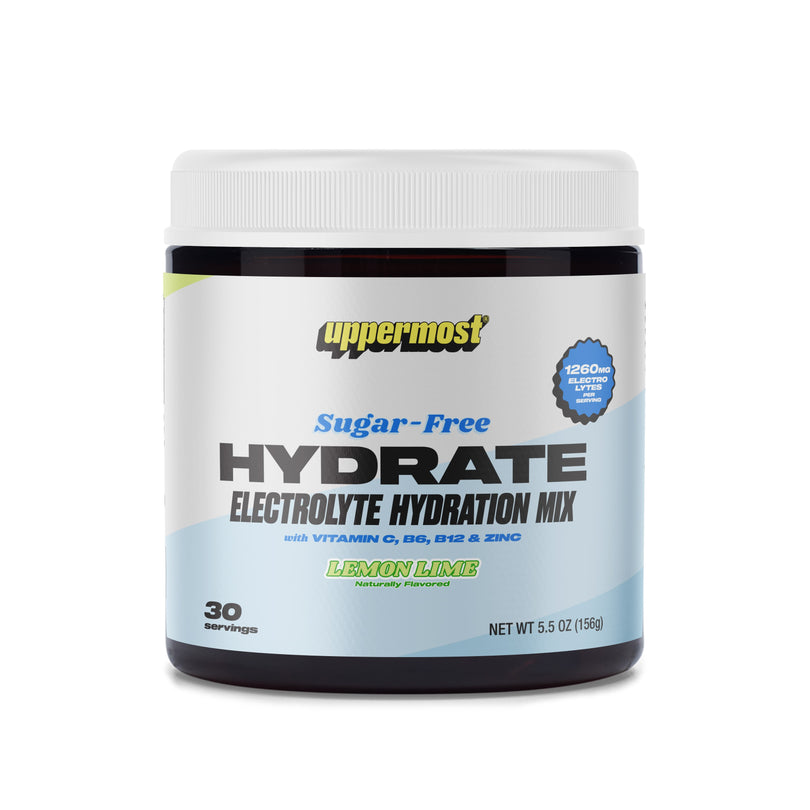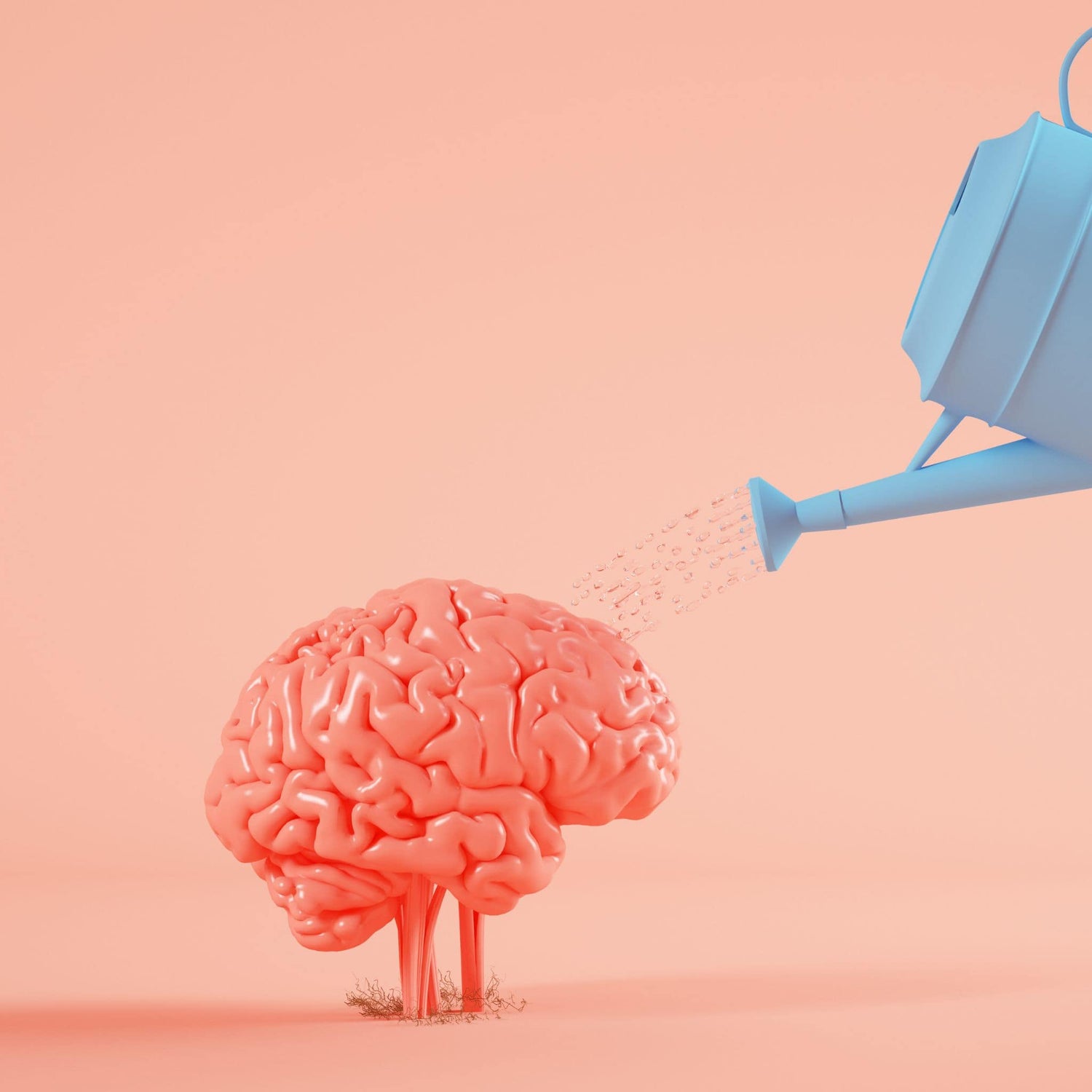Hydration and brain function are closely connected. When you're properly hydrated, your brain is able to function at its best. On the other hand, even mild dehydration can have a negative impact on brain function.
So, what happens to your brain when you're dehydrated? For starters, dehydration can cause your brain to be less efficient. This means that it takes longer for your brain to process and retain new information, and it may be more difficult to concentrate. Dehydration can also lead to feelings of fatigue and difficulty in decision making.
But it's not just your cognitive function that can be affected by dehydration. Dehydration can also lead to a headache, which can make it even harder to concentrate and be productive. In severe cases, dehydration can even cause hallucinations and seizures.
It's clear that staying hydrated is important for maintaining good brain function. So, how much water should you be drinking to stay properly hydrated? There's no one-size-fits-all answer to this question, as your water needs depend on a variety of factors such as your age, weight, activity level, and the climate you live in. However, a good general rule of thumb is to aim for about eight 8-ounce glasses of water per day.
It's also important to pay attention to the color of your urine. If your urine is pale yellow or straw-colored, you're probably adequately hydrated. On the other hand, if your urine is dark yellow or amber-colored, it's a good sign that you need to drink more water.
In addition to water, there are also other ways to stay hydrated. For example, you can incorporate hydrating foods into your diet, such as fruits and vegetables with a high water content, like watermelon and cucumbers. You can also drink electrolyte mix beverages to help replenish the minerals that are lost through sweat.
It's also worth noting that certain beverages, like alcohol and caffeine, can actually contribute to dehydration. Alcohol is a diuretic, which means that it increases urine production and can lead to dehydration. Caffeine can also have a diuretic effect, although the severity of this effect varies from person to person.
In conclusion, it's important to pay attention to your hydration levels to ensure that your brain is functioning at its best. Make sure to drink plenty of water, and consider incorporating hydrating foods and electrolyte beverages into your diet. And be mindful of the beverages you're consuming, as some can contribute to dehydration. By taking these simple steps, you can help keep your brain sharp and your body hydrated.






